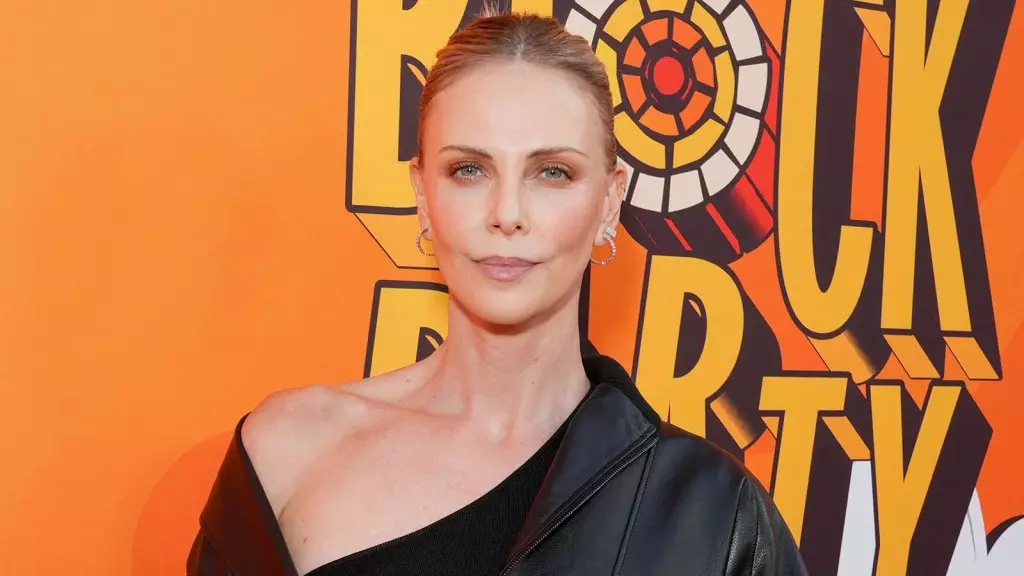In the glitz and glamour of Hollywood, it’s painfully easy to forget that behind the shimmering facade lie stories of exploitation, manipulation, and abuse. Charlize Theron’s recent candor about her past encounter with a predatory director illuminates the silent battles many actors face behind closed doors. Her decision to speak out—despite the industry’s tendency to silence victims—serves as a vital reminder that courage often begins with exposing uncomfortable truths. It reveals a crucial gap in systems supposed to protect talent and emphasizes the importance of accountability over silence. While some may dismiss her as merely sharing an old story, her openness symbolizes a refusal to be silenced by fear or intimidation.
The Power of Personal Integrity Over Protecting Predators
Theron’s choice not to name her abuser demonstrates a nuanced understanding of justice. She recognizes that the focus should be on the wrongs committed, not on vindicating personal vendettas or seeking revenge. This stance reflects a deeper commitment to integrity—acknowledging that justice demands more than exposure; it requires a shift in industry norms. Her refusal to divulge the director’s name challenges the culture of silence that often allows predators to continue unchecked. It advocates instead for a nuanced approach: holding perpetrators accountable while respecting the complexity of trauma and human dignity. Her stance underscores an essential truth—public shaming can be a tool for accountability but must be wielded responsibly to avoid victimization.
Industry Culture and the Need for Systemic Change
The Hollywood machine is notorious for its power imbalances, where vulnerability can be exploited and silence enforced through fear. Charlize Theron’s experience underscores a critical flaw: the system often fosters an environment where victims feel isolated, powerless, or complicit. Her resilience demonstrates that change is not merely about individual bravery but about transforming industry standards—implementing transparent reporting mechanisms, fostering a culture of respect, and ensuring real consequences for misconduct. Her story nudges us to critically examine how Hollywood and society can better protect vulnerable individuals, ensuring that exploitation isn’t dismissed as “part of the game” or swept under the rug. It presses for a wake-up call: genuine accountability must be prioritized over appeasing reputation or maintaining industry “status quo.” Her testimony isn’t just a personal narrative; it’s an indictment of systemic failure that demands reform.


Leave a Reply